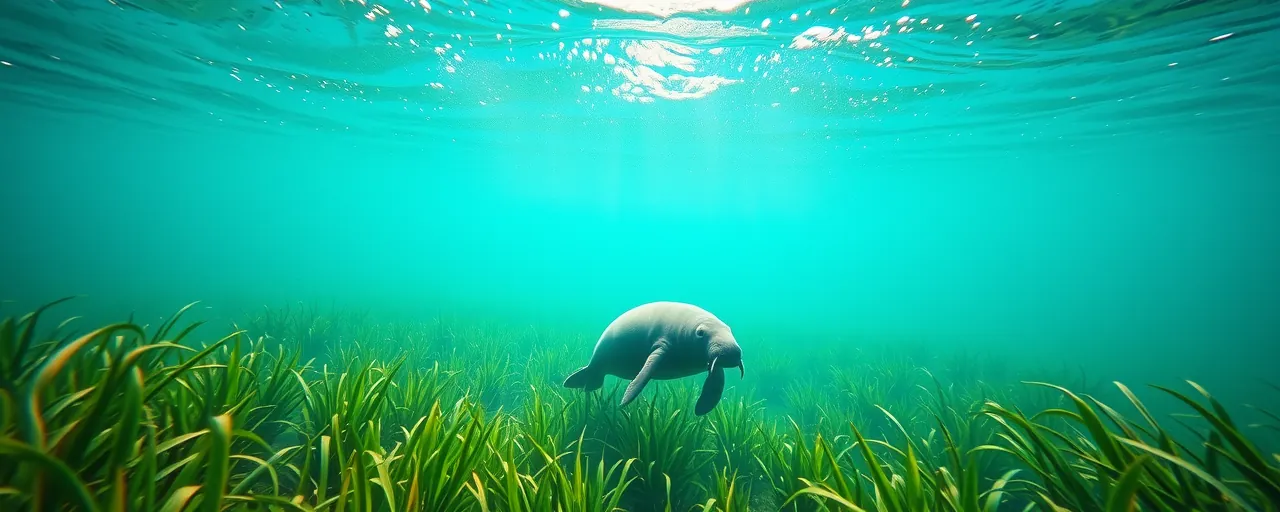A Threat to Florida’s Waters
Florida’s waterways pulse with life. Manatees drift through seagrass, and coastal towns depend on pristine waters for their livelihoods. On May 19, 2025, Governor Ron DeSantis signed the Boater Freedom Act, a law that claims to champion boaters but endangers these vital ecosystems. By banning local restrictions on gas-powered vessels and halting random safety inspections, it prioritizes unchecked freedom over the health of our environment. This law demands our attention.
Local communities have long crafted rules to protect their waters. They’ve set limits on gas boats to safeguard manatee habitats and seagrass beds from pollution and damage. The Boater Freedom Act strips away this authority, forcing every town to allow gas-powered vessels, no matter the ecological cost. Why would we silence the people who know their waterways best?
For those who value Florida’s natural beauty, this feels personal. Our waterways aren’t just for recreation; they’re home to wildlife and the backbone of local economies. By overriding local protections, the state dismisses the voices of communities fighting to preserve their environment. This top-down approach betrays the public trust.
The High Price of Pollution
Gas-powered boats harm more than they help. Their engines leak oil and fuel, polluting waters and threatening marine life. Seagrass beds, essential for manatees and fish, erode when boats tear through shallow areas. Some coastal towns proposed gas vessel bans to address this, but the Boater Freedom Act blocks their efforts, ensuring pollution continues unchecked.
Decades of evidence support local protections. The Clean Water Act, enacted in the 1970s, gave municipalities power to set strict environmental rules. Studies confirm that limiting gas-powered boats reduces water contamination and preserves biodiversity. Florida’s new law ignores this, favoring short-term boating access over long-term ecological health.
Boating industry advocates argue the act supports economic growth, pointing to Florida’s thriving marina businesses. Yet, polluted waters hurt more than they help. Tourism and fishing, which rely on clean ecosystems, suffer when waterways degrade. Protecting our environment isn’t anti-business; it’s pro-future.
Compromising Safety for Convenience
The act’s ban on random safety inspections raises serious concerns. Previously, law enforcement could check boats for life jackets, fire extinguishers, and navigation lights, preventing accidents. Now, officers need probable cause, a hurdle that risks letting unsafe vessels go unchecked. The state offers a five-year safety decal with registration, but a sticker can’t ensure a boat is safe today.
Boating accidents are a real danger. U.S. Coast Guard data reports thousands of incidents yearly, with hundreds of fatalities. Random inspections, authorized by the 1971 Federal Boat Safety Act, have reduced these risks. By dismantling this system, Florida invites more collisions and injuries. Can we afford to prioritize convenience over lives?
Supporters of the decal program claim it streamlines enforcement while respecting boaters. Yet, safety isn’t static. A vessel compliant at registration might lack critical equipment later. Proactive inspections catch these issues before they turn deadly. Relying on hope instead of action is a reckless choice.
Silencing Local Voices
This law reflects a broader trend of states overriding local environmental rules. From blocking pesticide limits to wetland protections, state preemption laws—often backed by industry—stifle community efforts. A federal push to challenge local climate laws further escalates this fight. Why should communities lose their right to protect their own environments?
The public trust doctrine, rooted in centuries-old law, demands that governments safeguard waterways for all. Florida’s act favors gas-powered boaters over the wider public, undermining this principle. Environmental groups and Democratic attorneys general are fighting back, citing legal precedents like the 1991 Supreme Court decision upholding local environmental power. Their battle is a call to action.
Our Waters, Our Fight
Florida’s waterways belong to everyone. The Boater Freedom Act threatens their future by dismissing local expertise and compromising safety. We can’t let a few boaters’ preferences outweigh the needs of our ecosystems and communities.
Hope remains. Environmental advocates are organizing, and legal challenges could restore local authority. But change starts with us. Demand that state leaders prioritize our waters. Stand with communities protecting their environment. Florida’s waterways are too precious to lose, and the time to act is now.
